-
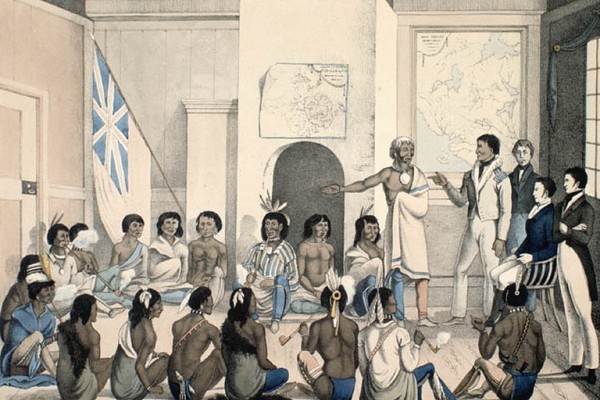
Settler colonialism: What’s in a name?
Once a radical breakthrough, settler colonial theory now dominates Canadian scholarship. In his review of On Settler Colonialism in Canada, Bryan D. Palmer welcomes its moral clarity but warns that it risks eclipsing capitalism’s structural power, arguing that true decolonization demands confronting the economic engines driving dispossession.
-
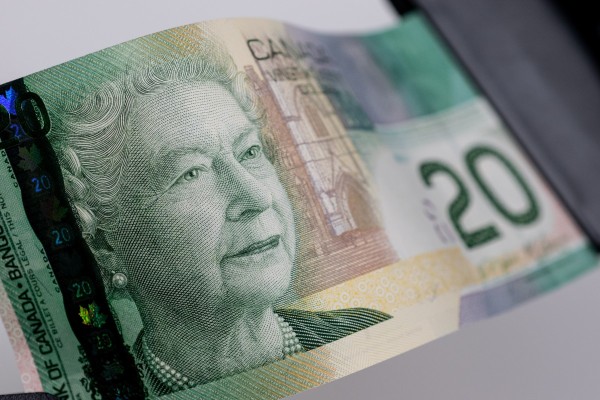
The deficit is not an economic problem—it’s a political weapon
Mark Carney’s new budget exposes how Canada’s political class weaponizes the deficit to protect elites and justify austerity. Despite alarmist rhetoric, Canada’s debt is modest and self-financed. The real danger isn’t economic, it’s political: using deficit panic to erode public services and discipline workers in the name of “fiscal responsibility.”
-
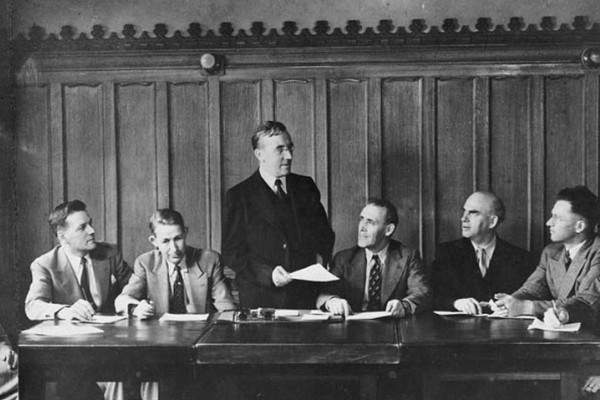
The Regina Manifesto’s unfinished business: the case for public banking
Canada’s banks no longer serve the real economy. Decades of private lending have fuelled housing bubbles, record household debt, and economic instability. Revisiting the CCF’s Regina Manifesto, James Hardwick makes the case for public banking—a solution to redirect credit toward housing, infrastructure, and productive investment while reclaiming finance as a public utility.
-
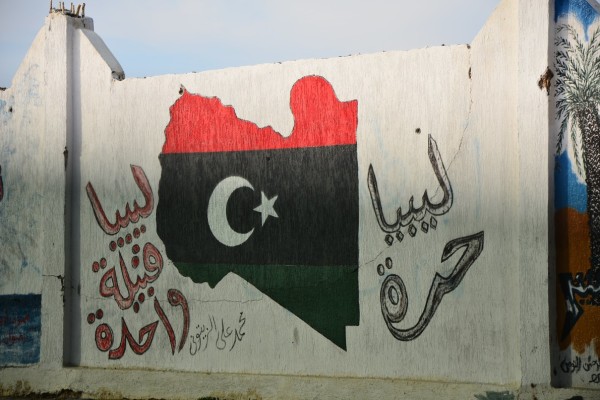
The nationalization threat that shook Canadian oil interests in Libya
In the late 2000s, Libya’s threats to nationalize foreign oil assets shook Canadian corporations deeply invested in the country. This excerpt from Owen Schalk’s new book, Targeting Libya, reveals how SNC-Lavalin and Petro-Canada became entangled in Qadhafi’s shifting alliances, Western backlash, and the larger struggle over Africa’s sovereignty and resources.
-
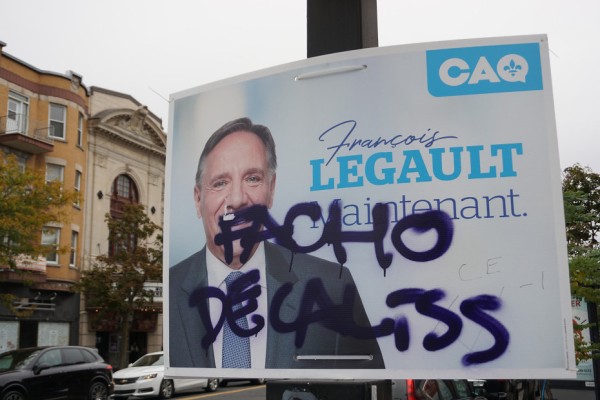
 Le nationalisme québécois ou le fascisme patient
Le nationalisme québécois ou le fascisme patientAlors que l’élite politique québécoise mène une guerre silencieuse contre la société civile, le nationalisme s’est transformé en un autoritarisme patient et calculé. Derrière les discours sur la « laïcité » et la « cohésion », la CAQ et le PQ poursuivent un programme commun qui concentre le pouvoir, érode les libertés et conduit le Québec vers un totalitarisme raisonnable.
-
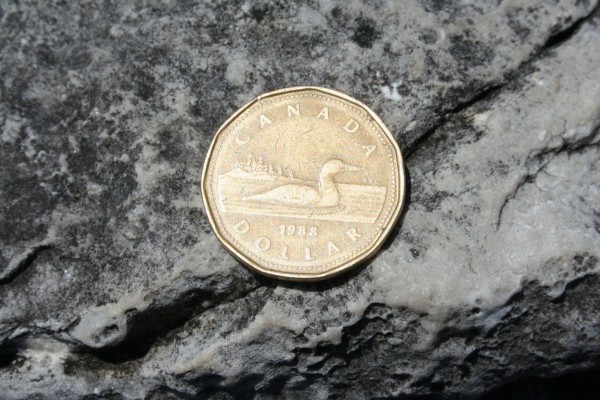
A deficit paid by workers and a bailout for the wealthy
Canada’s deficit is projected to rise by $17 billion, yet ordinary Canadians face cuts to essential services while the ultra-wealthy and multinational corporations avoid billions in taxes. Closing loopholes and taxing hidden offshore wealth could fully fund health care, housing, and education—proving the crisis is a political choice, not an economic necessity.
-
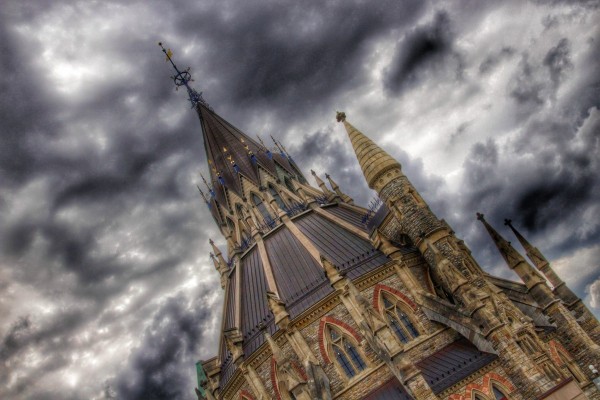
Canada’s democratic deficit can no longer be ignored
It is difficult to imagine Carney’s Liberals collapsing as dramatically as the rudderless Starmer-led UK Labour government. That said, the rise of hard-edged, anti-system populism in Canada will be difficult to prevent unless the centre and left actively confront the deepening gaps in our democratic system before further economic turbulence intensifies the crisis.
-
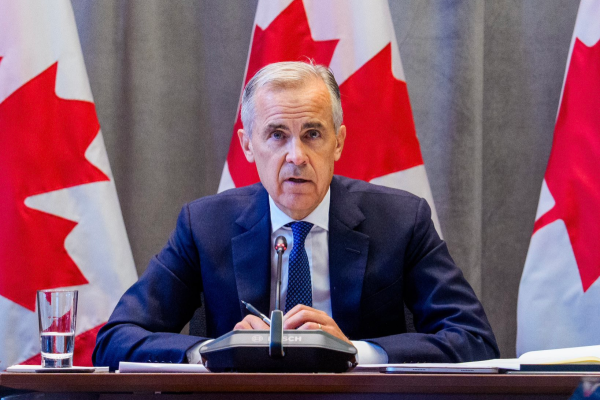
Carney’s attacks will unleash major struggles
As Mark Carney’s government prepares a sweeping austerity agenda—gutting public services, fuelling militarism, and expanding fossil fuel projects—John Clarke argues that a new wave of resistance is emerging. From Indigenous land defence to public sector strikes, these struggles point toward a growing fightback against Canada’s deepening class war.
-
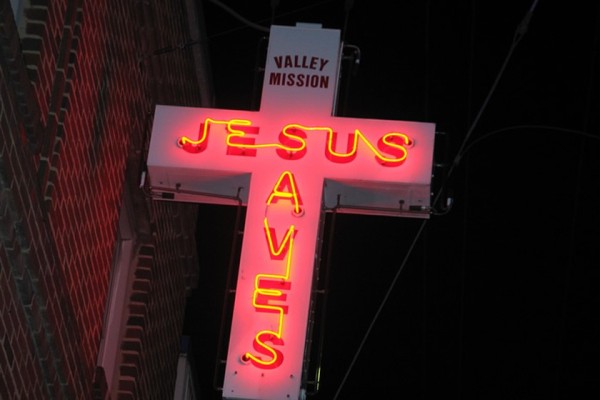
Reviving the gospel of liberation
As the far-right turns faith into a weapon, Canada’s left needs to rediscover the moral vision it once carried. The social gospel called Christians to organize love into policy—to fight inequality, defend the poor, and build a just society. This legacy once shaped the NDP. As Julie McGonegal writes, it’s high time to remember why.
-
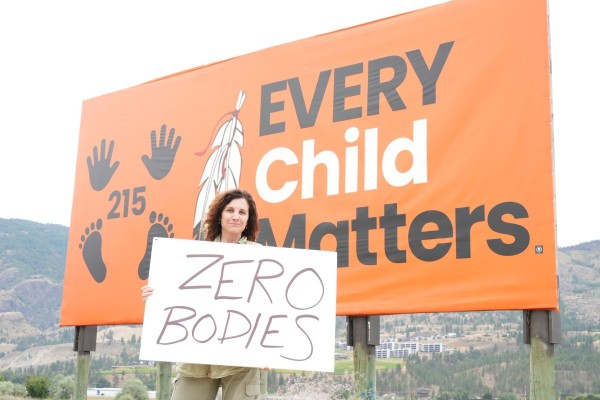
‘Flooding the zone’ with residential school denialism
In light of BC MLA Dallas Brodie’s persistent residential school denialism, it’s important to understand these actions as part of a broader far-right strategy. To help people better recognize it, Sean Carleton joined the Redeye podcast to discuss why Brodie’s rhetoric is yet another far-right distraction aimed at stoking anti-Indigenous hatred for political gain.



